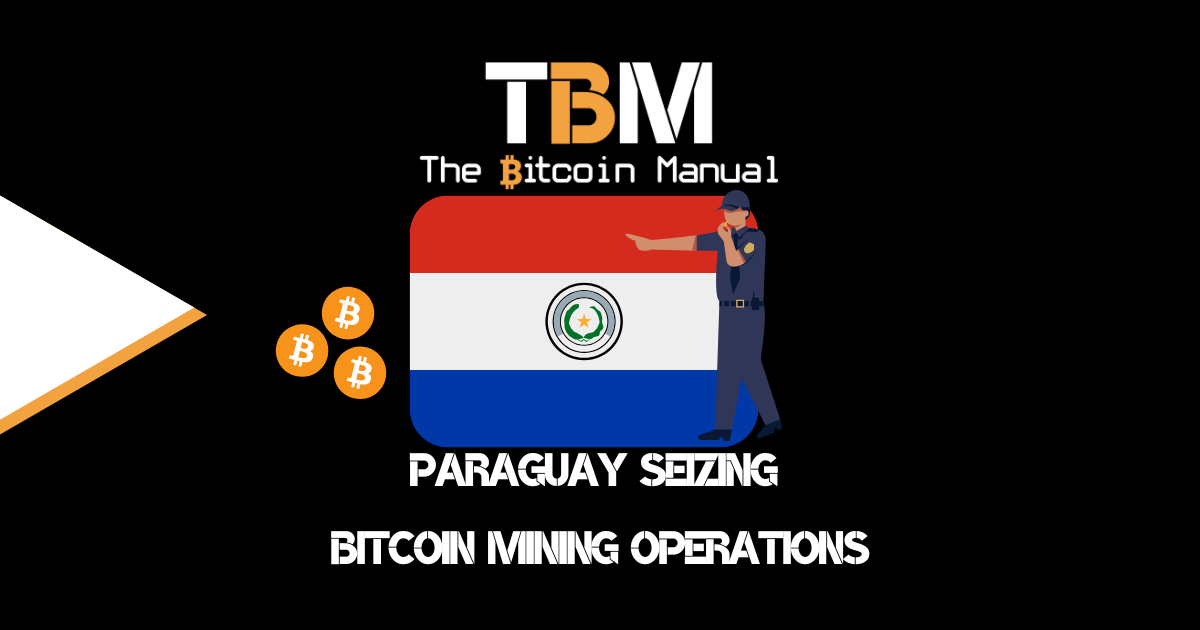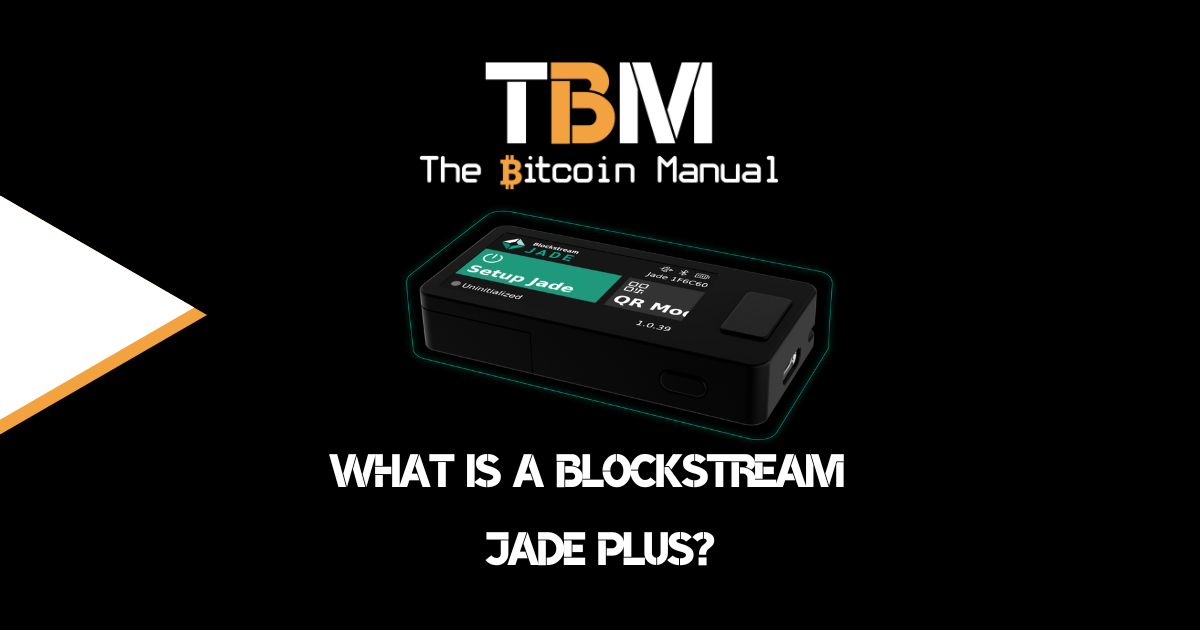The biggest incentive for Bitcoin miners to move to Paraguay comes from the Itaipu Dam, which is co-owned by Brazil and Paraguay. The hydroelectric dam is capable of generating 14 GW of power and has provided power to Paraguay, Brazil, and Argentina since May 5, 1984.
Paraguay draws over 99% of its power from hydroelectricity. Itaipu, along with the Yacyretá and Acaray dams, generate the country’s power supply.
However, Paraguay’s population of 6.7 million and lack of industry do not allow it to consume all of the energy its dams produce, leaving it to export 90% of this production to neighbouring countries Brazil, Bolivia, and Argentina.
I stood at the steps of one of the 7 wonders of the modern world: the Itaipu Dam
— MAGS 🔑⛏️🚒 (@Crypto_Mags) February 13, 2024
Itaipu is the world's 3rd largest dam with 14,000MW of generating capacity. It supplies ~90% of Paraguay's electricity needs & 15% of Brazil's pic.twitter.com/AdAw1MKD54
Considering the amount of stranded energy in the region, Bitcoin miners were naturally attracted to the area, not only for the abundance of energy but also for the relatively low cost of accessing it. The chase for hash rate accelerated in 2017 with the entry of capital from foreign investors, initially from Brazil, and miners from other countries started diversifying their operations into Paraguay.
Miners had been setting up in the region for a while, but in 2021, China’s mining ban shifted Bitcoin miners to look at Latin America, and the country experienced a meteoric rise as a key mining hub.
Paraguay powers down on Illegal Bitcoin mining
In Paraguay, the Administración Nacional de Electricidad (ANDE), the national grid operator, is the only entity allowed to commercialise energy in the country, and all Paraguayan hosting contracts call for profit sharing.
A typical profit share in the country is anywhere from 15-20%, depending on the miner’s deployment size. Additionally, miners also face importation fees for ASICS rigs, which can cost anywhere from 17 to 20% of a machine’s market value.
While the profit share seemed like a small price for miners willing to act above board, there are claims that fifty Bitcoin miners are reportedly paying ANDE a tariff so that they can use the spare energy generated from the dam.
However, only some mining operations were happy with the additional tax or paying for electricity despite the relatively cheap cost, and several mining operations have decided to roll the dice with illegal connections to the grid.
The power struggle
Paraguay has been cracking down on illegal Bitcoin mining operations. These operations steal electricity from the national grid, causing significant financial strain and hindering efforts to distribute power for legitimate uses.
Paraguayan authorities in Hernandarias have filed 20 criminal complaints related to illegal cryptocurrency mining activities, which has turned into a hunt for various operations. With over 70 raids conducted thus far, Paraguay has solidified its position as a leading country in the interception of illicit Bitcoin mining operations.
Paraguay’s National Electricity Administration (ANDE) is leading the fight. They’re using innovative methods like artificial intelligence and distribution analysis to pinpoint areas with suspicious power consumption. In recent months, this has led to the seizure of thousands of mining rigs, including a massive raid in June that netted over 2,700 mining rigs.
The Economist reports that illegal Bitcoin miners contribute to an increasing number of blackouts in the country by overloading power lines that are unable to cope with increased demand.
Why the crackdown?
The stolen electricity translates to millions of dollars lost for ANDE based on the missing profit share and the cost of electricity. This lost revenue hinders their ability to invest in grid maintenance and expansion, ultimately impacting the entire country.
Additionally, the surge in power demand from these illegal operations can strain the grid, leading to blackouts for legitimate businesses and homes.
According to the country’s national energy supplier, Paraguay has shut down more than 70 illegal Bitcoin mines in the past five years and seized over 10,000 Bitcoin mining machines, which is similar to the size of ASICS seized in Venezuela.
ANDE has also admitted that seven of its engineers are under investigation after being accused of illegally installing crypto mines using the energy provider’s power transformers. Reports show that public anger toward these Bitcoin miners has pushed the government to enact laws that will allow its courts to sentence energy thieves for up to 10 years.
JUST IN: 🇵🇾🏛️ In Paraguay, the government is trying to pass two bills in their congress to seize #Bitcoin and cryptocurrency miners and create penalties for up to 10 years in prison for running a mining operation for "energy theft." Presidential spokesperson Paula Carro made the… pic.twitter.com/QJsppYrFSd
— DΛVID 🟢 (@DavidShares) May 20, 2024
A game of cat and mouse
Despite the proposed penalties, corruption seems more complicated to stamp out with reports that previously vanished equipment from another location was also discovered at the site, specifically at Estancia Santa Monica, situated at kilometre 46 along Route PY07.
A recent operation targeting a cryptocurrency mining facility also ended in failure when the owners, seemingly tipped off about the raid, managed to abscond with the valuable ASIC processors before authorities arrived.
The future of Bitcoin mining in Paraguay
The crackdown doesn’t necessarily signal the end of Bitcoin mining in Paraguay. The country has plenty to offer Bitcoin miners, with the energy not going anywhere or being deployed to new industries.
The issue of how best to monetise energy from Itaipu and other dams remains. Still, these blemishes will have the government thinking twice about handing it over to Bitcoin miners, with more challenging regulatory and legal environments coming soon.
The government is looking for ways to regulate the industry and crack down on crime surrounding the industry, and if miners do want to make a good go of this green energy source, they will need to play by the rules and obtain proper permits to operate legally.
Do your own research.
If you want to learn more about the crackdown on Bitcoin miners, use this article as a starting point. Don’t trust what we say as the final word. Take the time to research other sources, and you can start by checking out the resources below.
- https://www.crypto-news-flash.com/regulatory-blitz-in-paraguay-450-bitcoin-mining-machines-seized-in-latest-raid/
- https://www.economist.com/the-americas/2024/07/18/crypto-cowboys-have-found-paradise-in-paraguay
- https://news.bitcoin.com/paraguay-proposes-harsh-penalties-for-illegal-bitcoin-mining/
- https://hashrateindex.com/blog/bitcoin-mining-around-the-world-paraguay/




